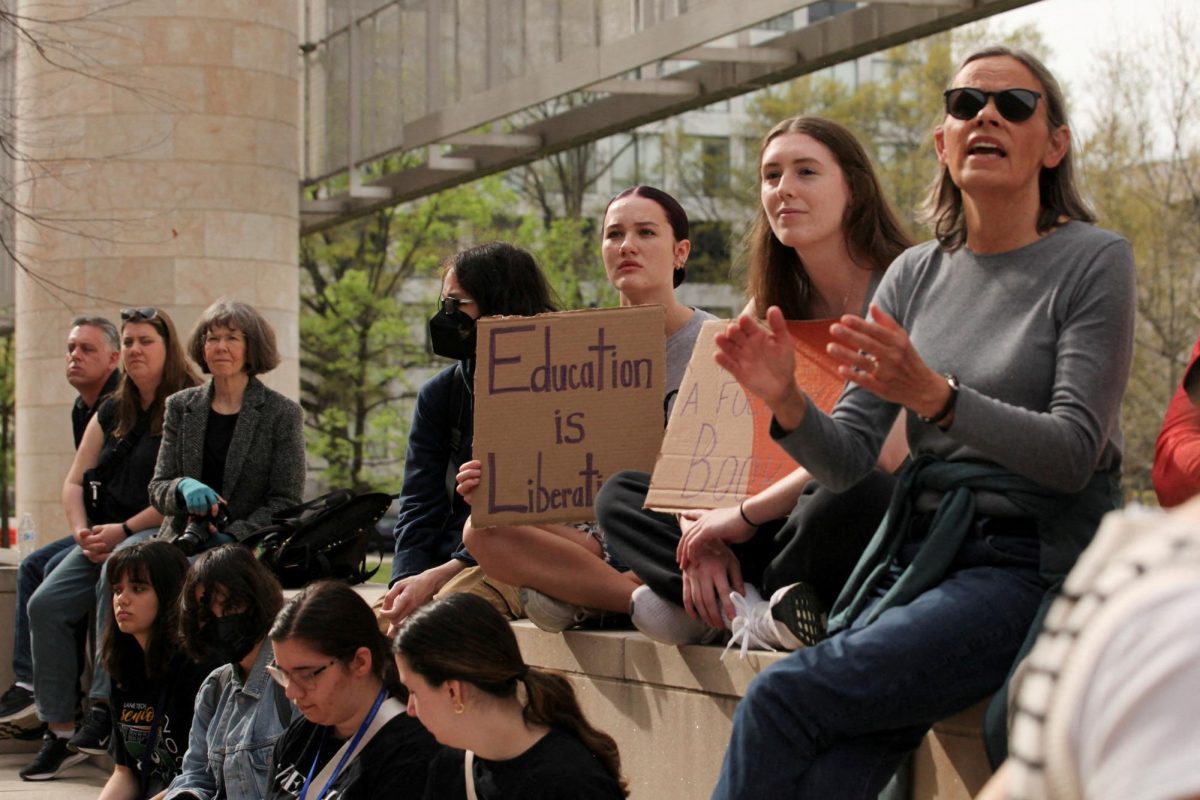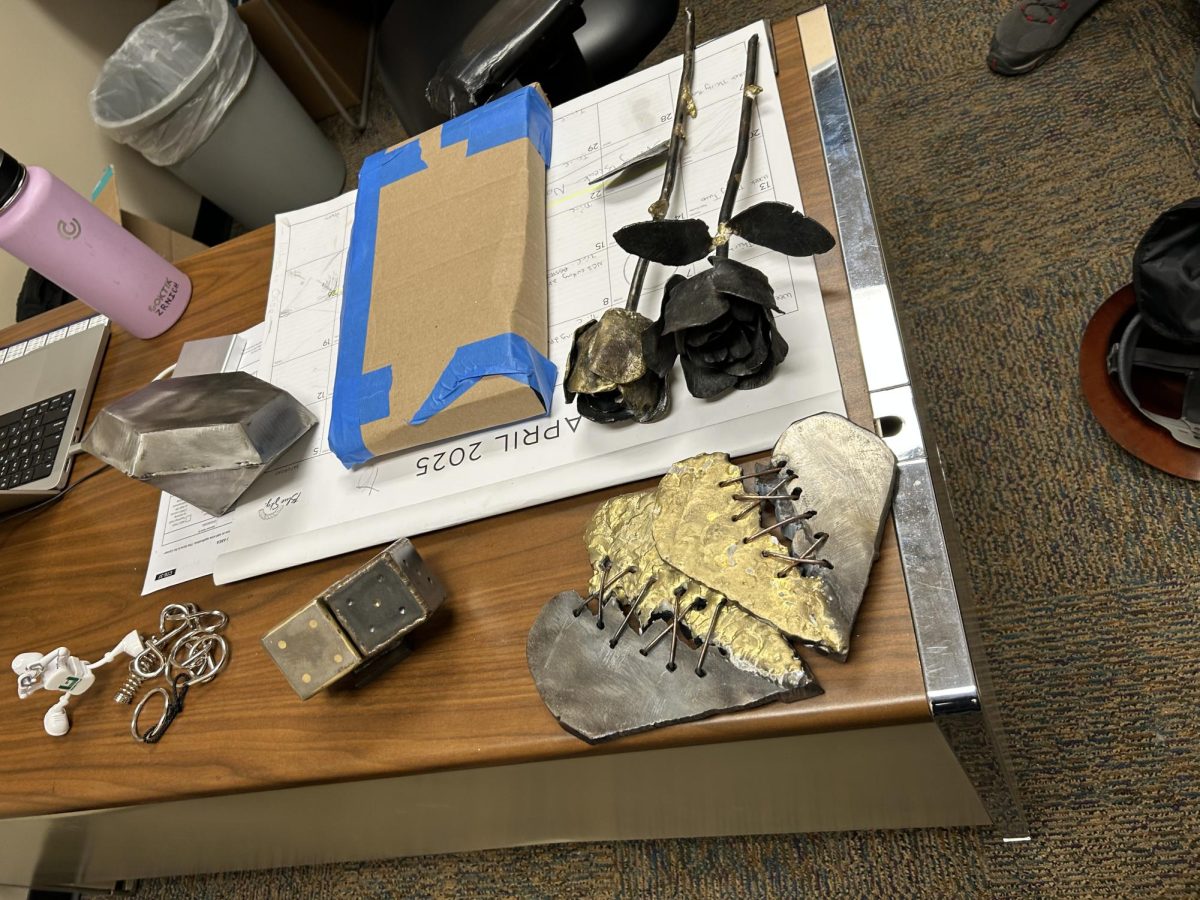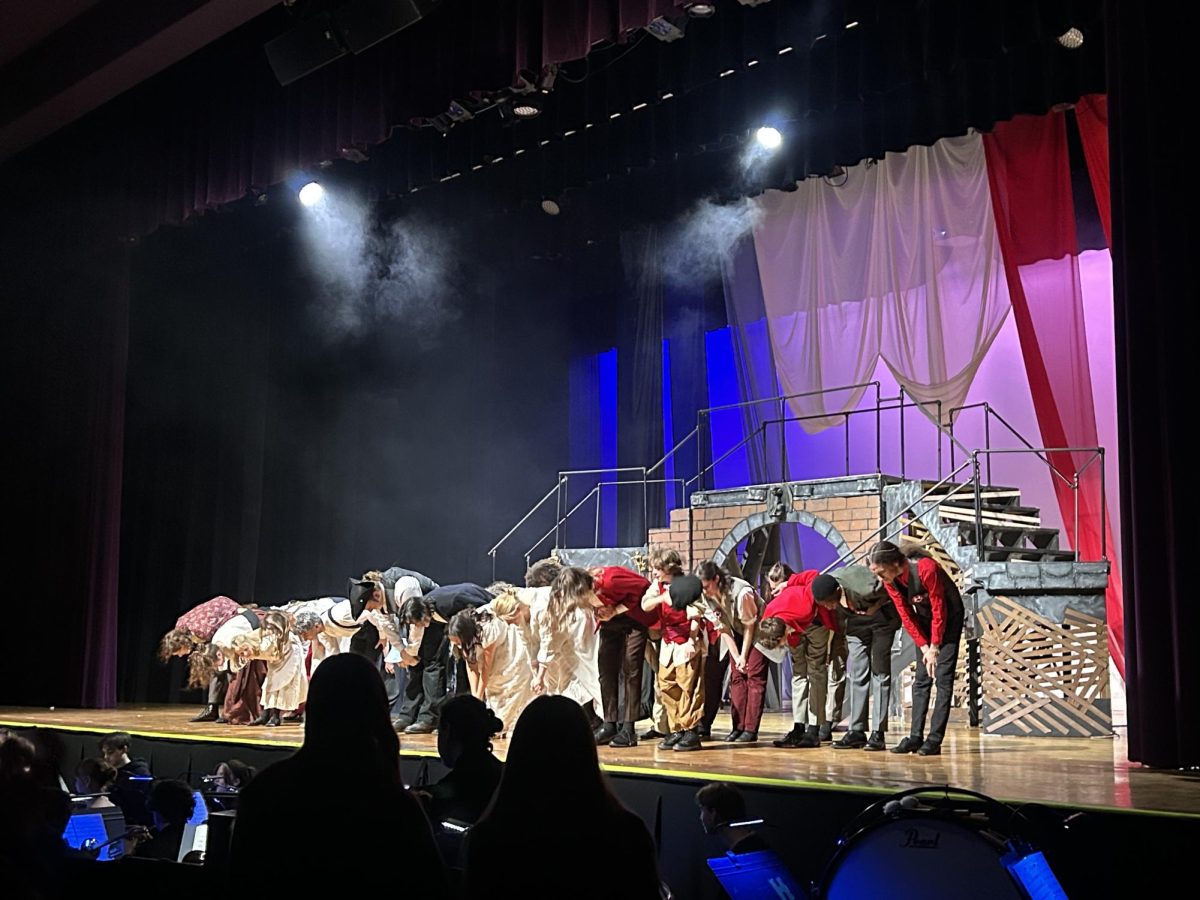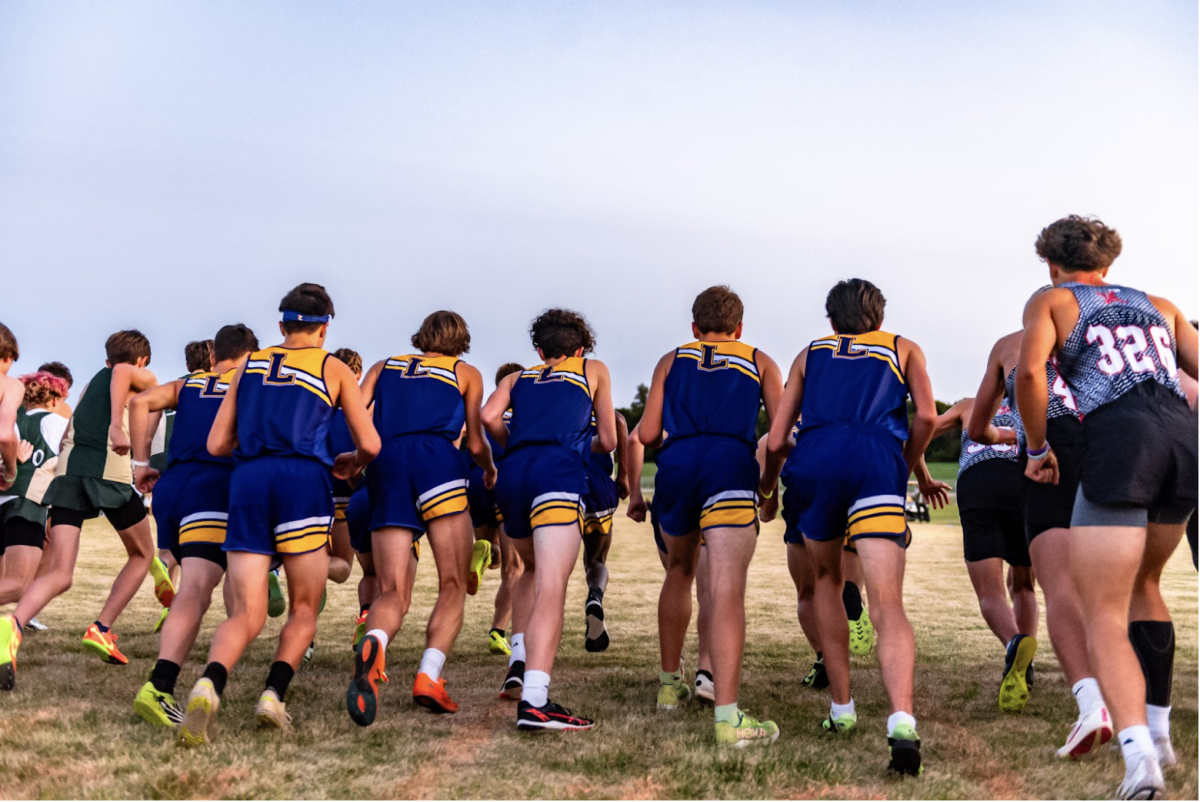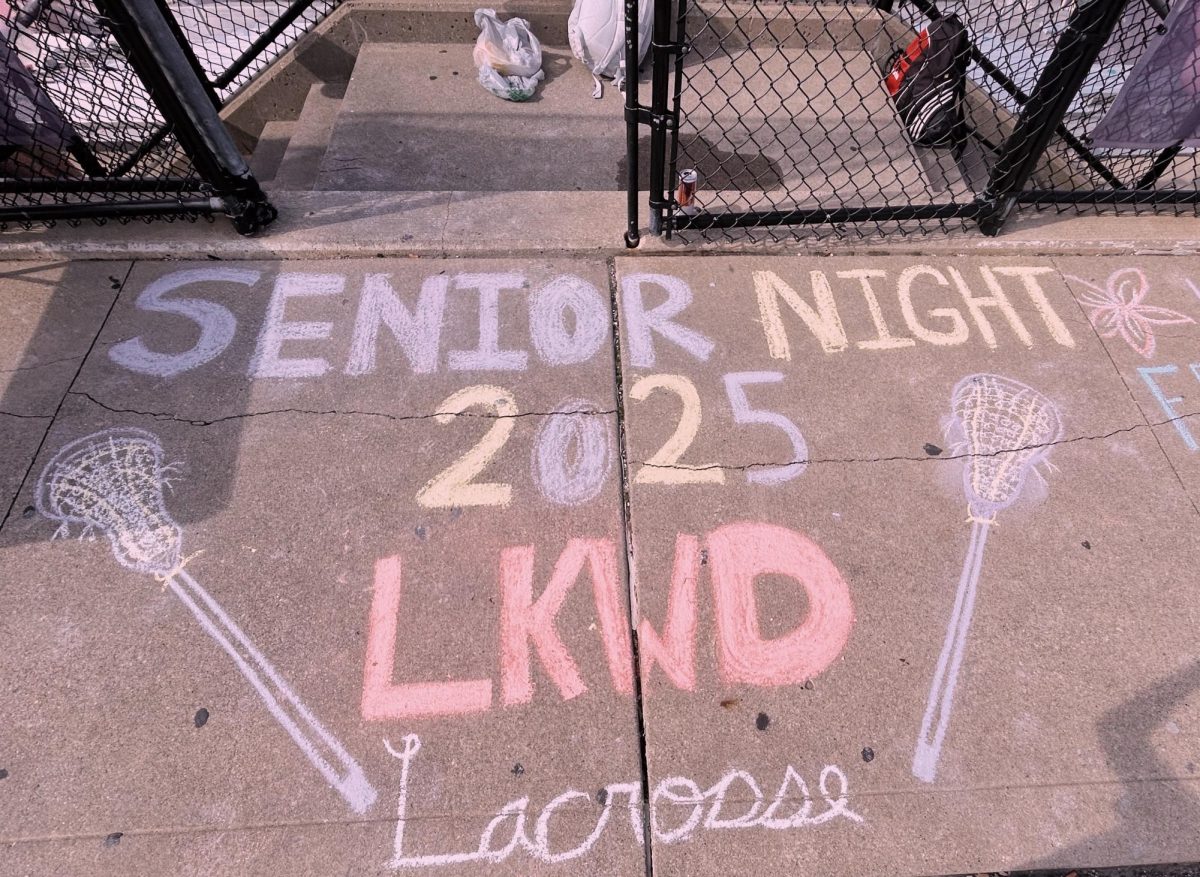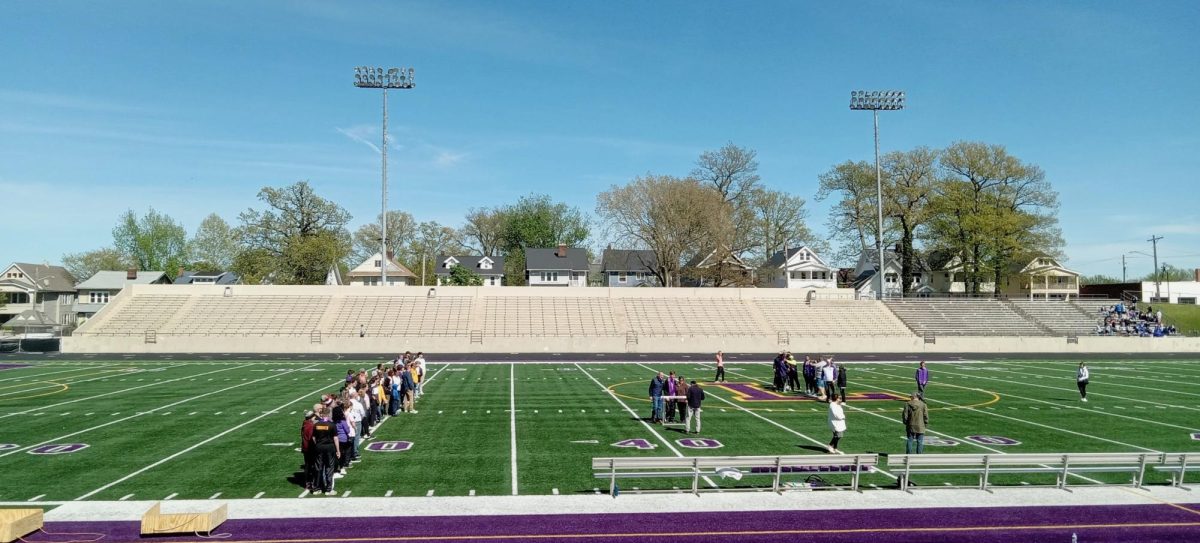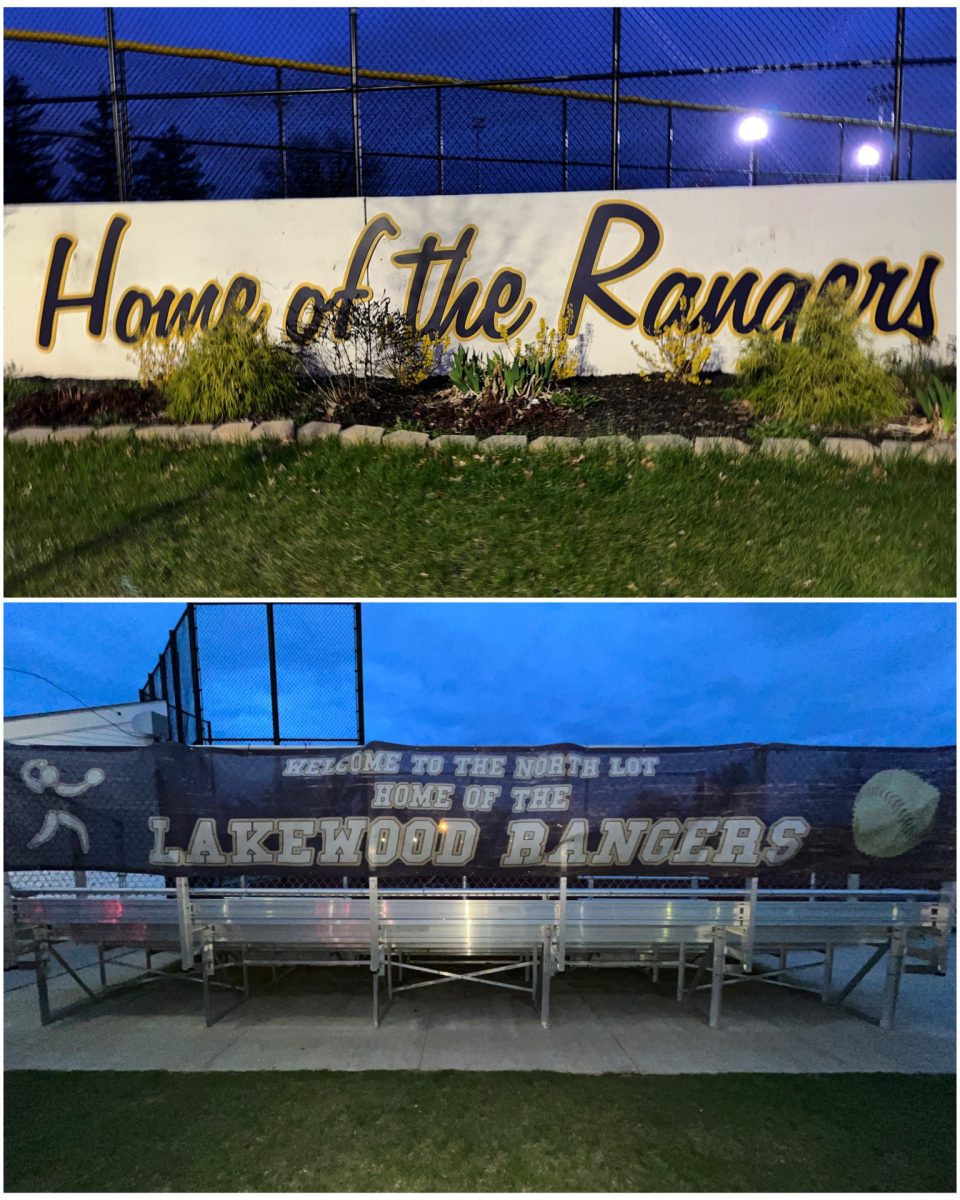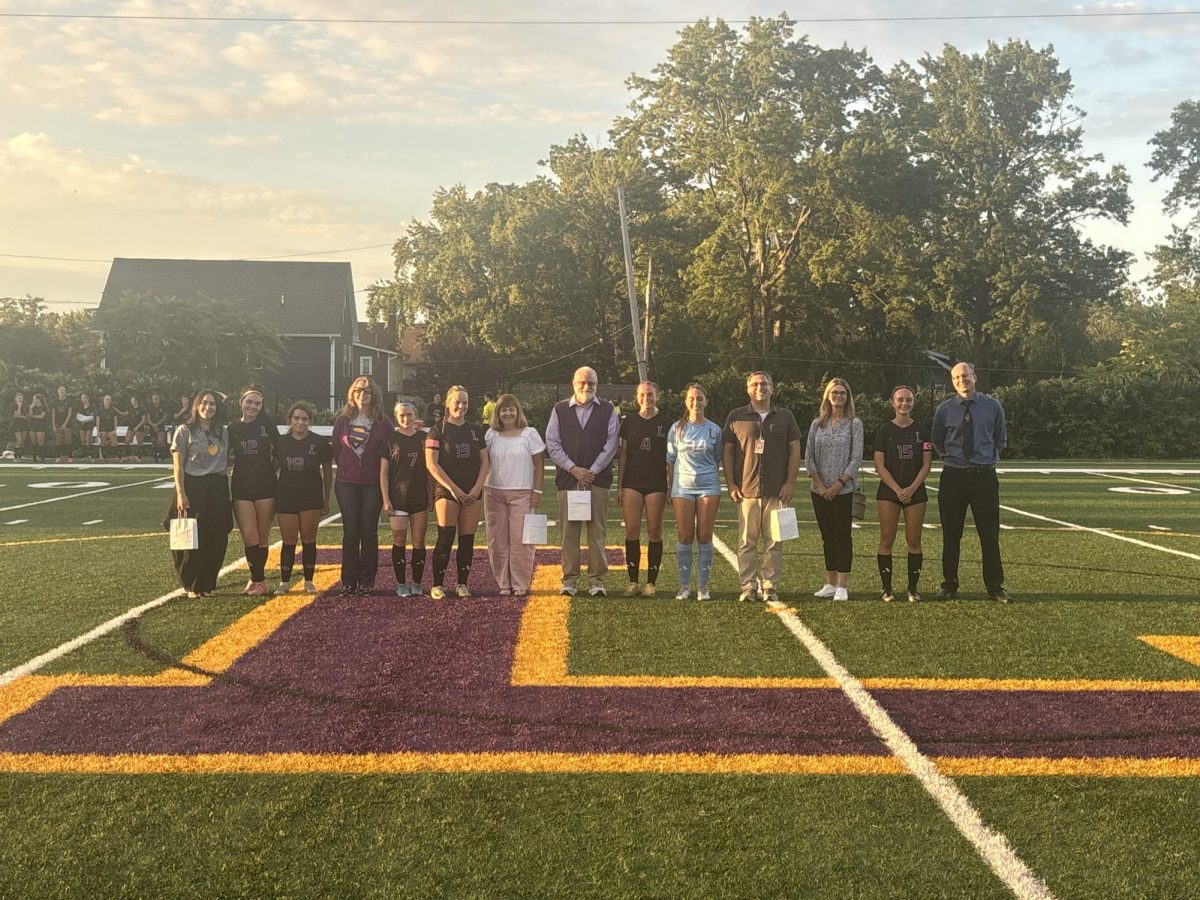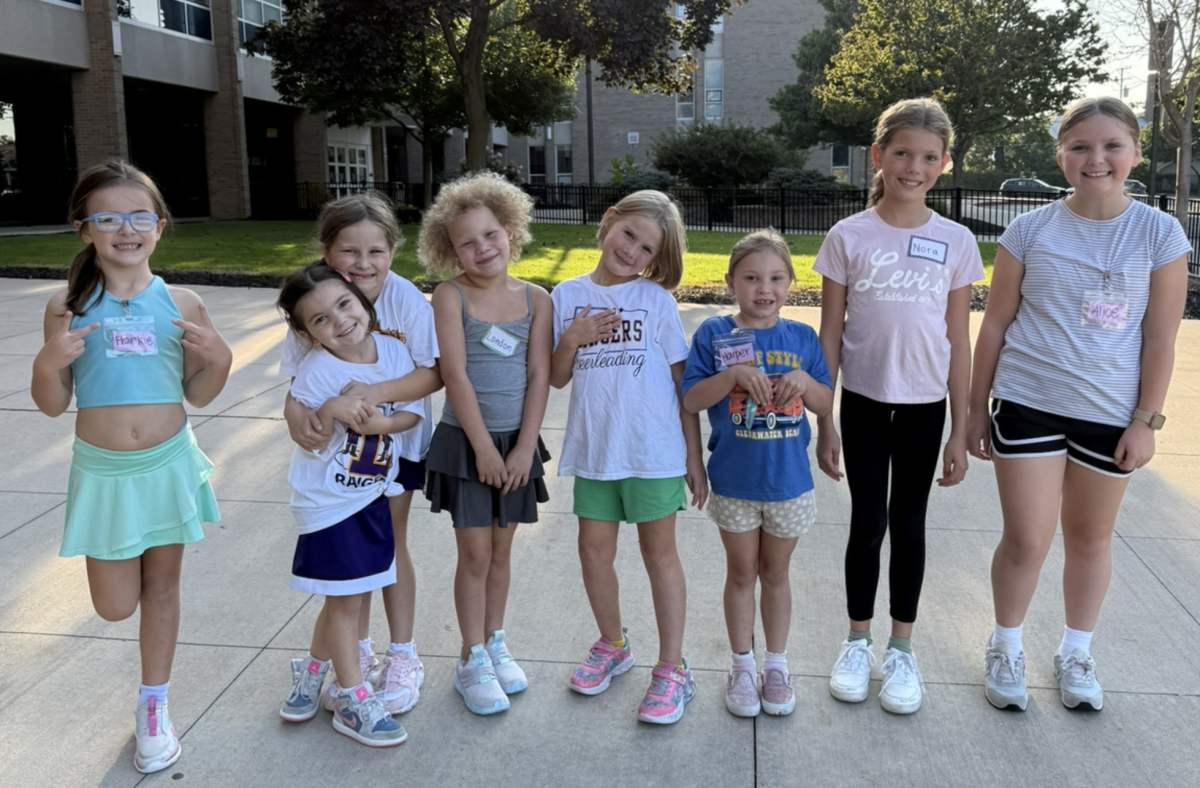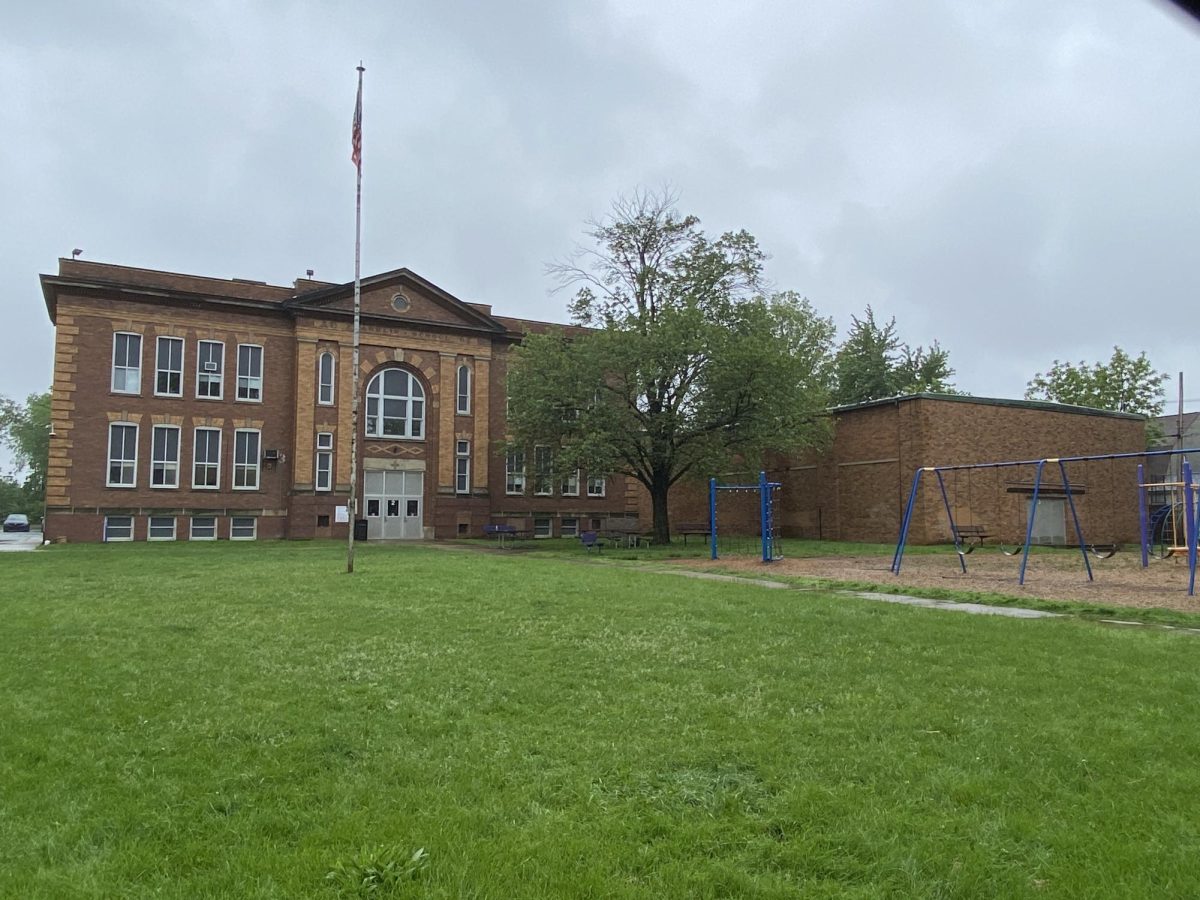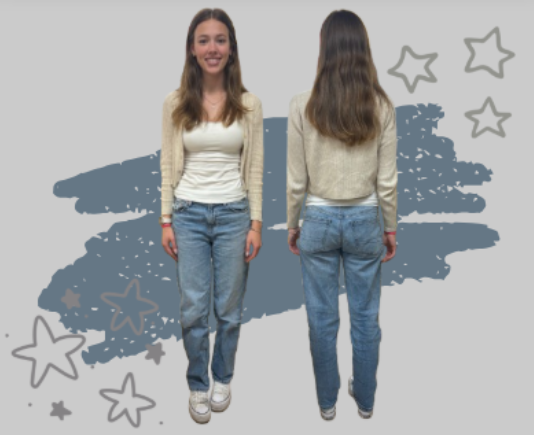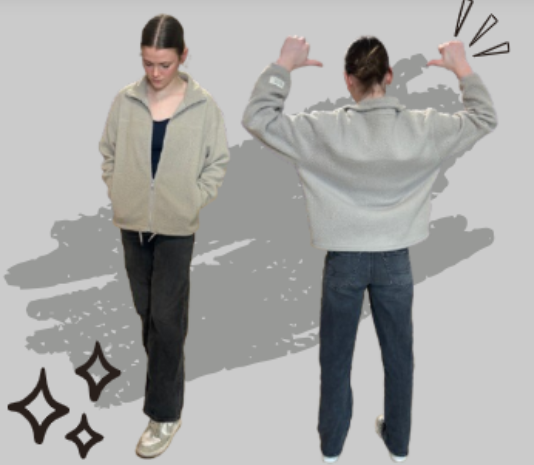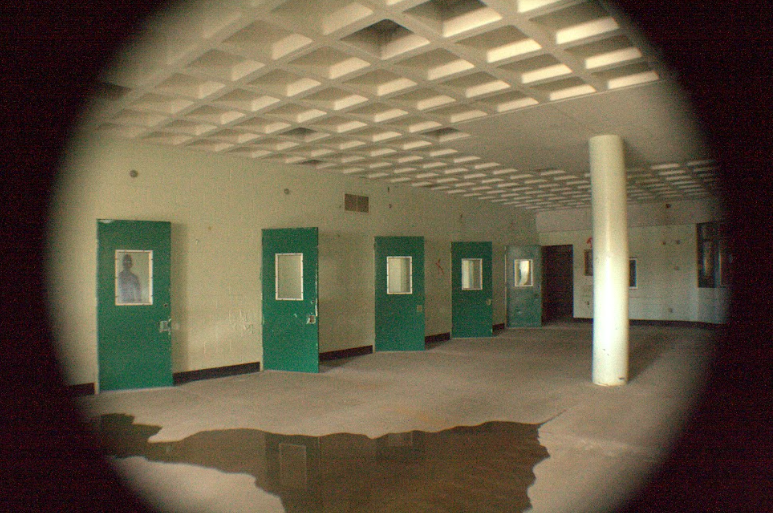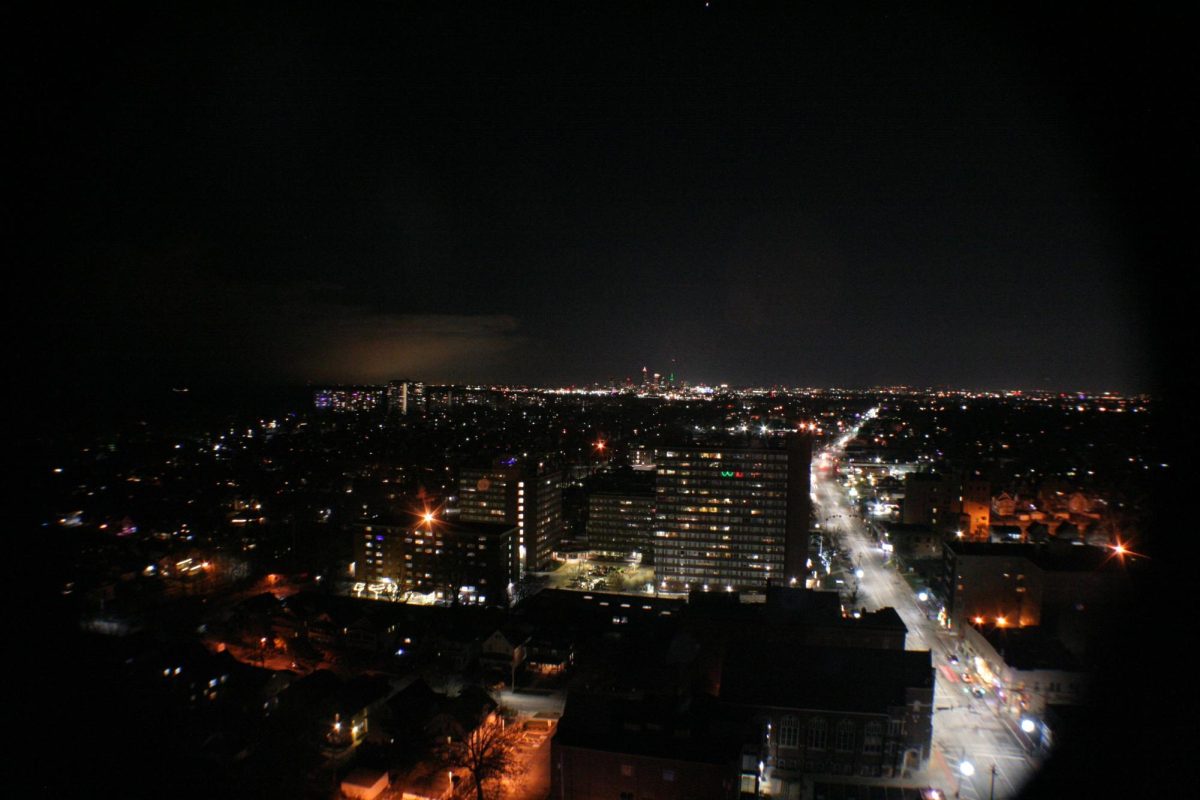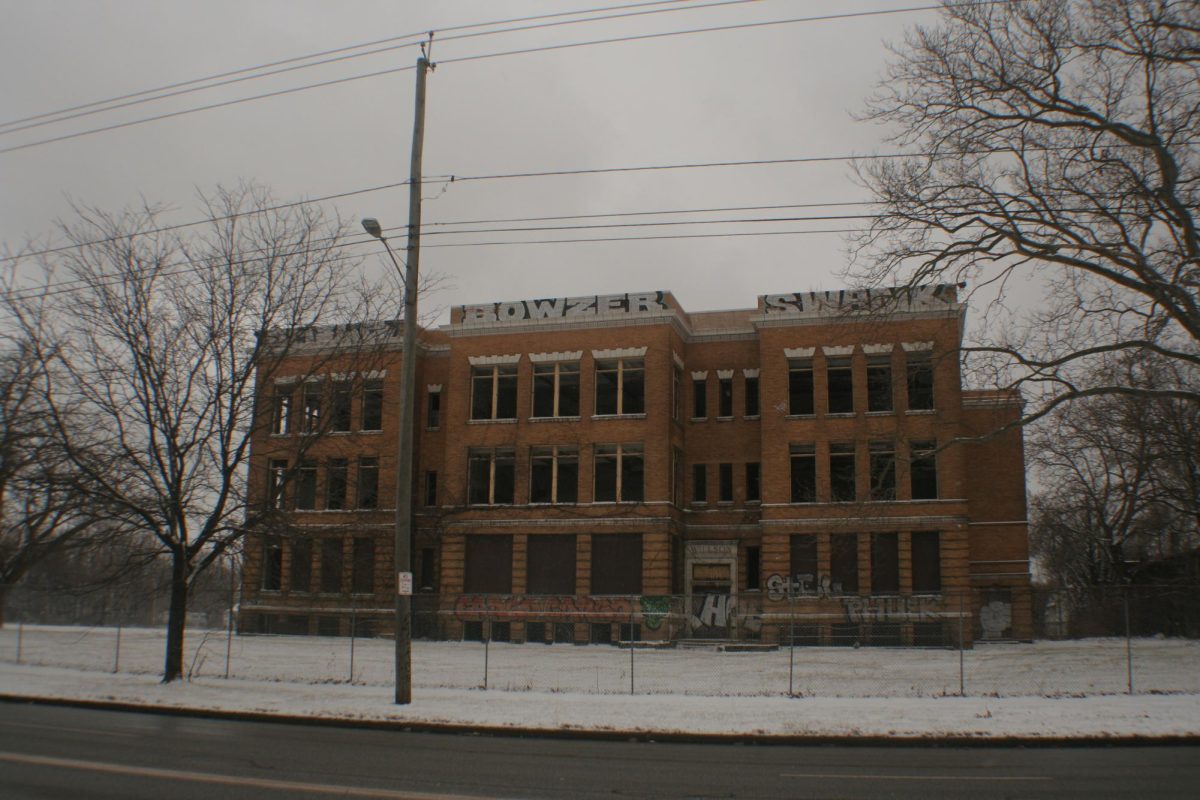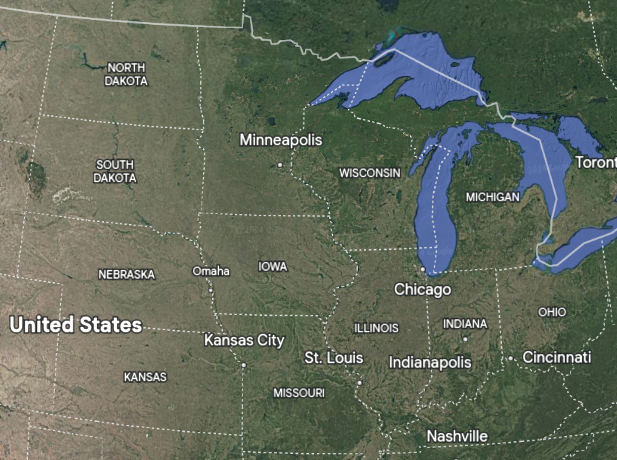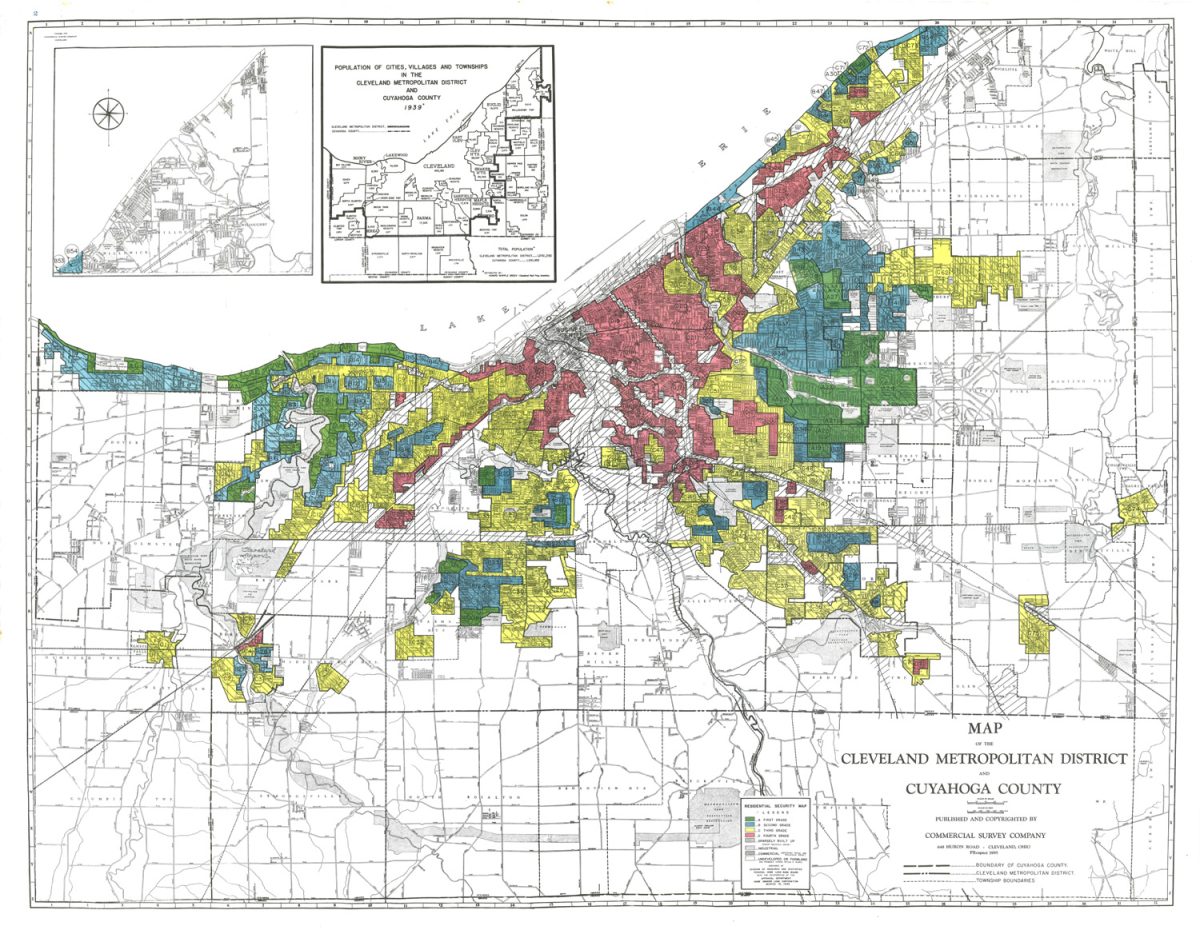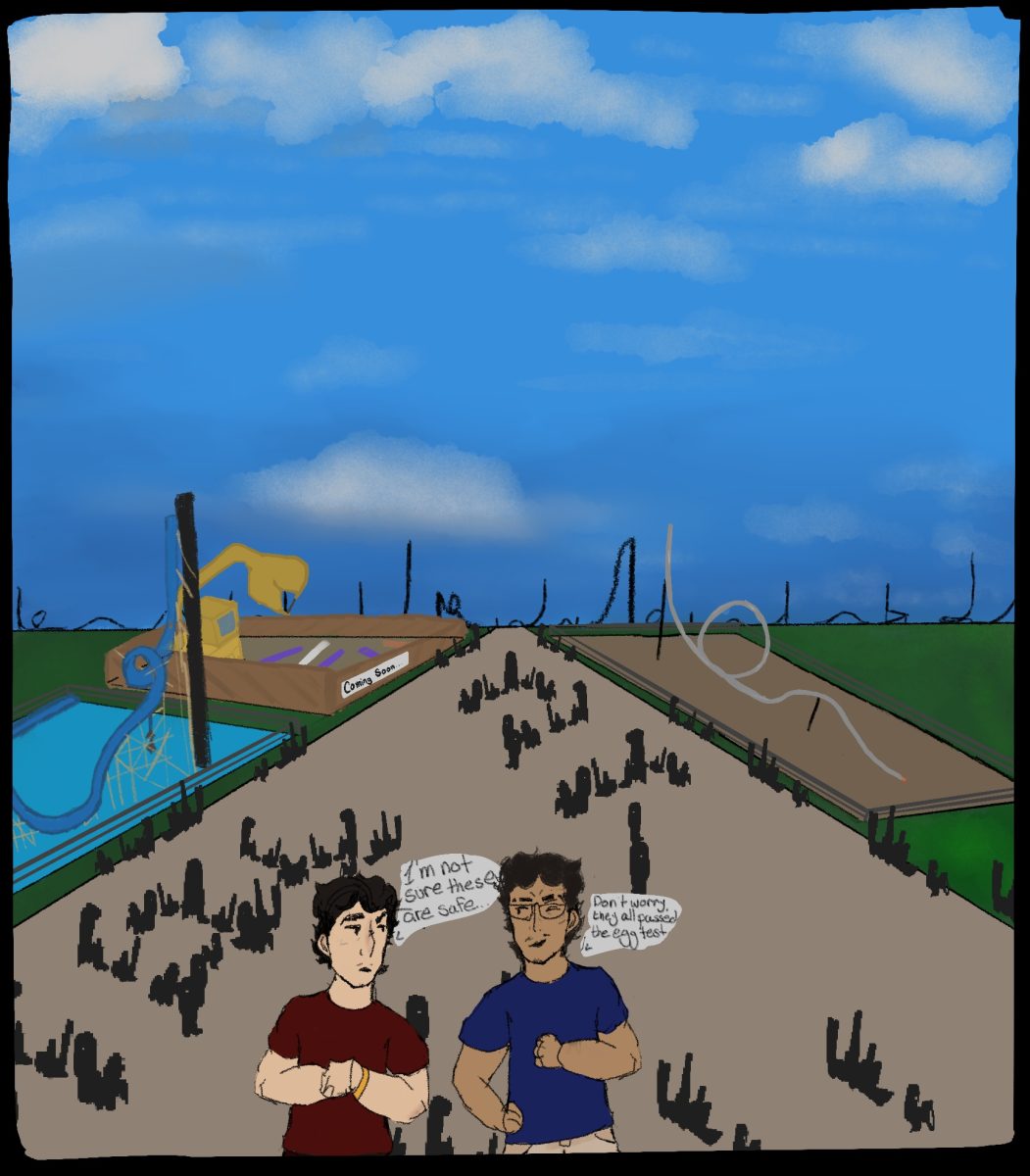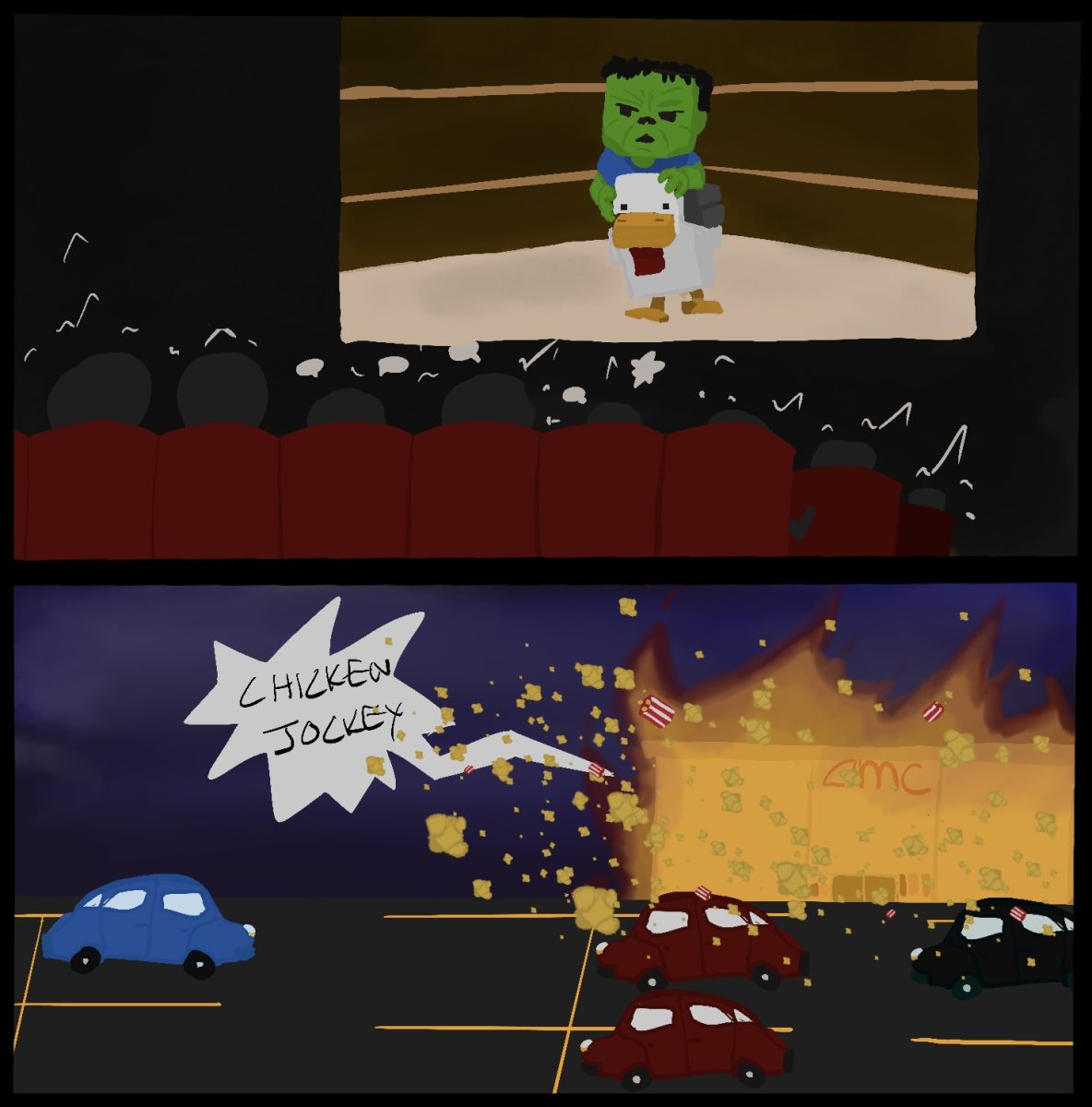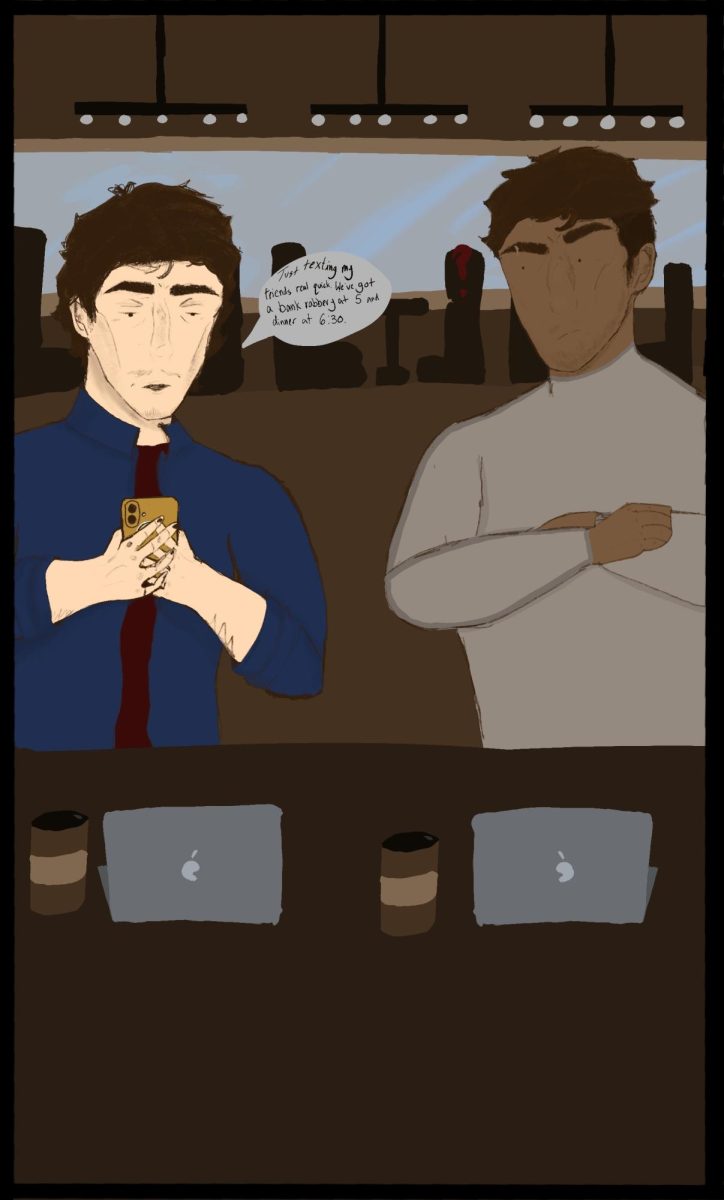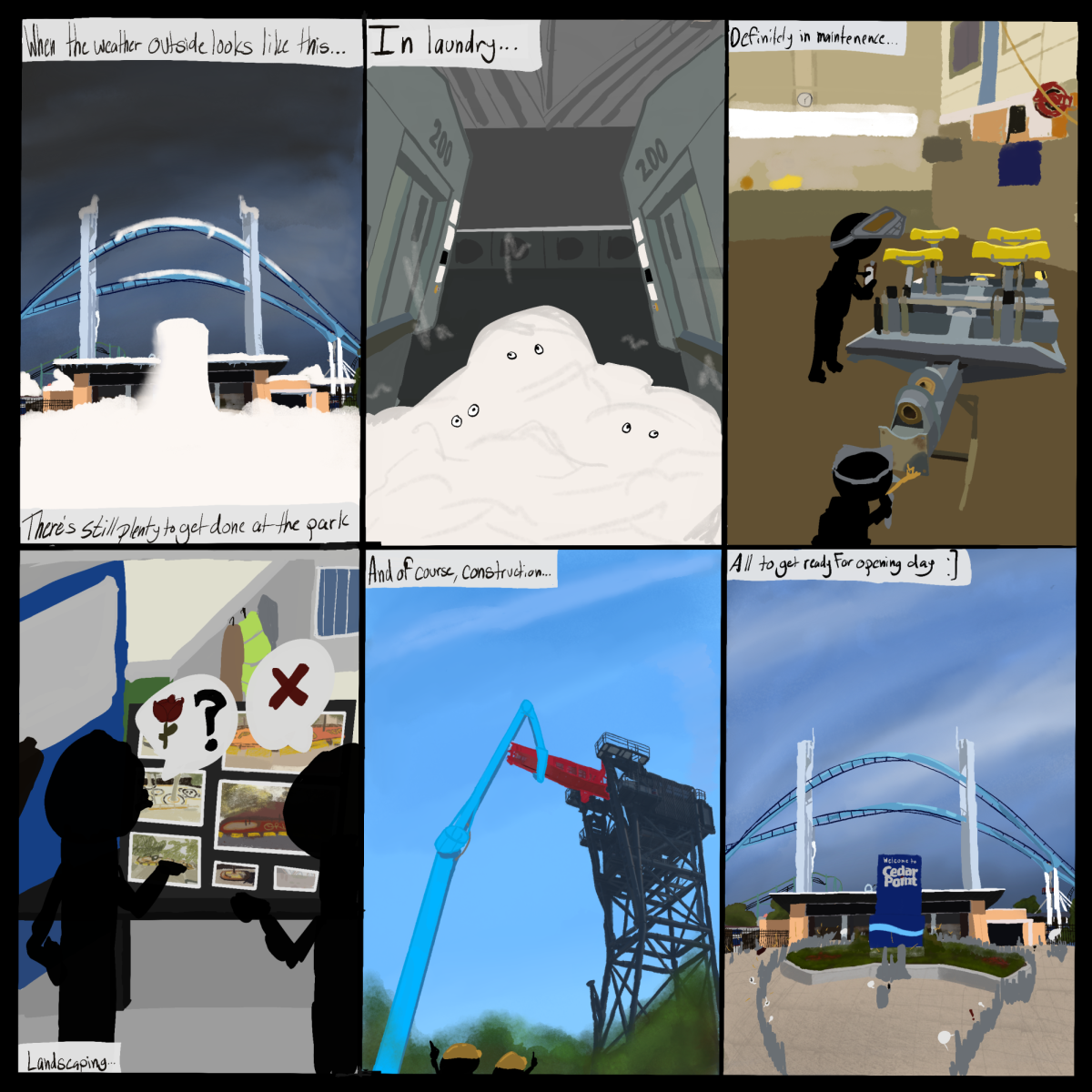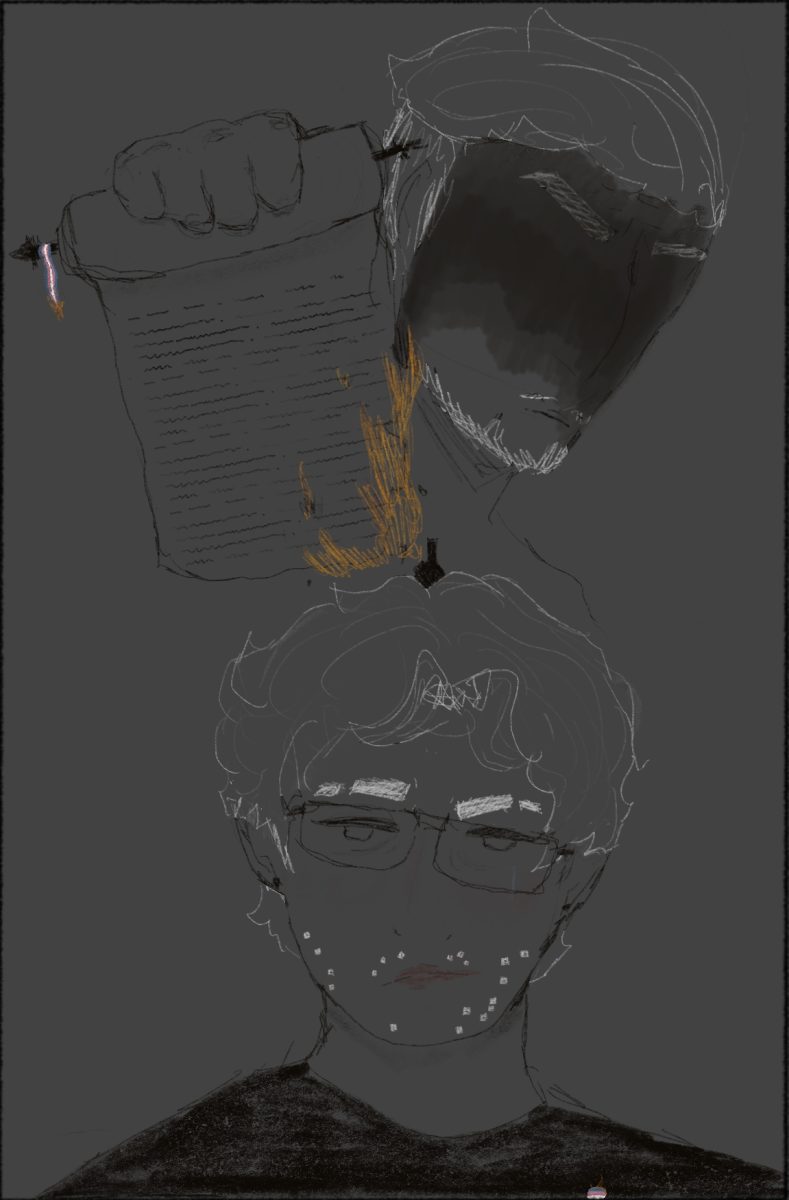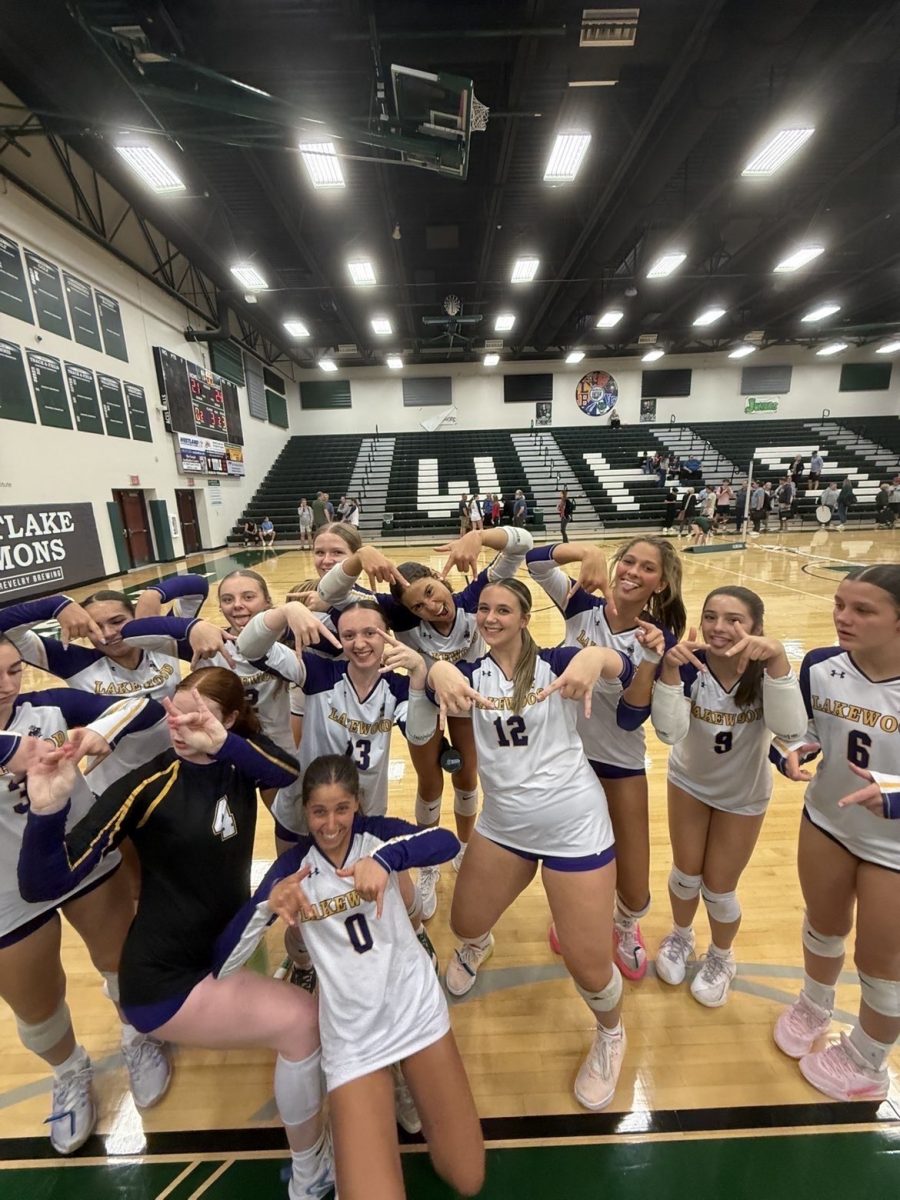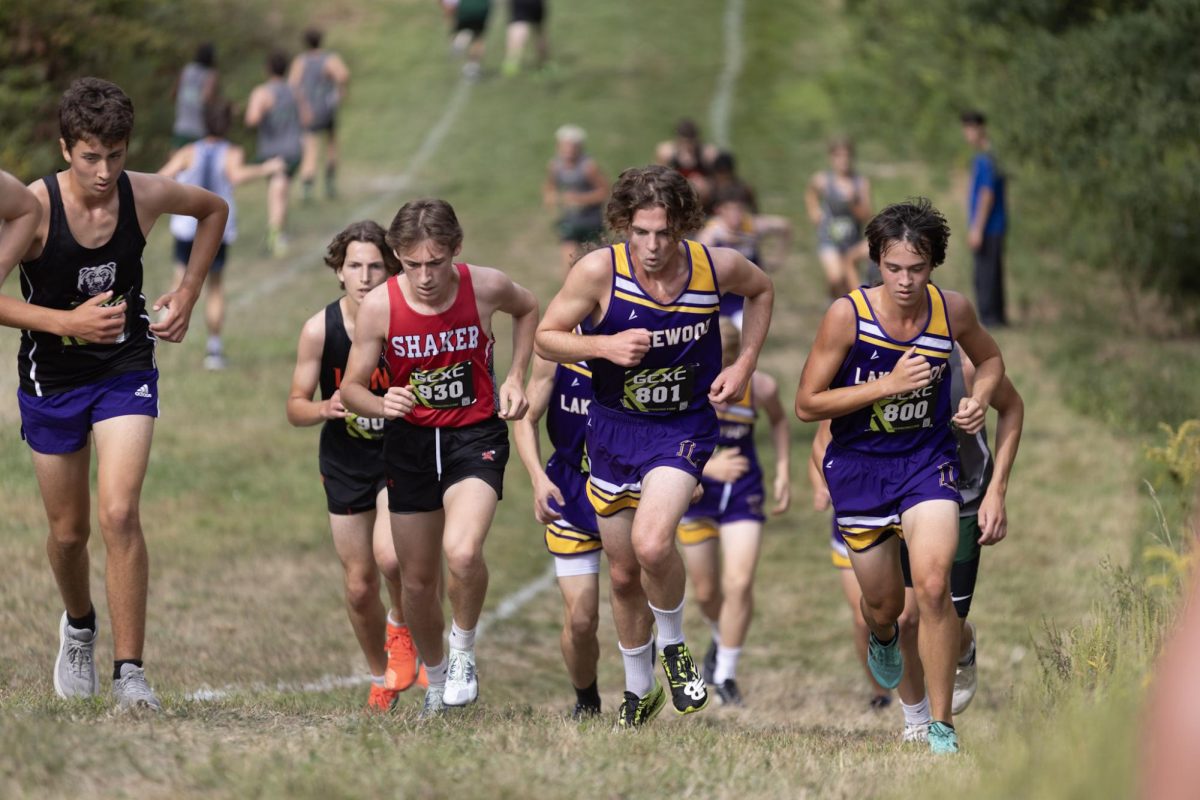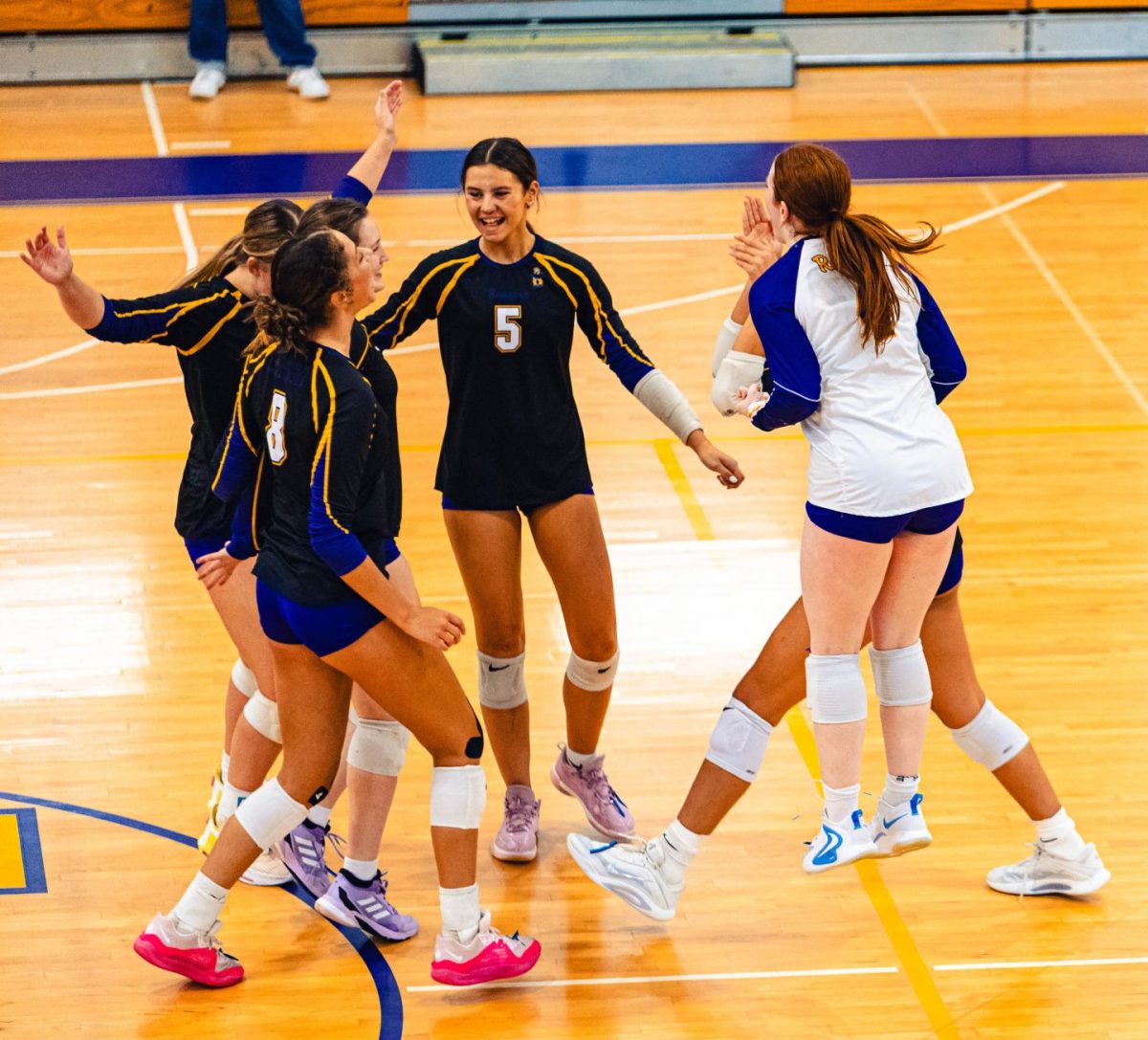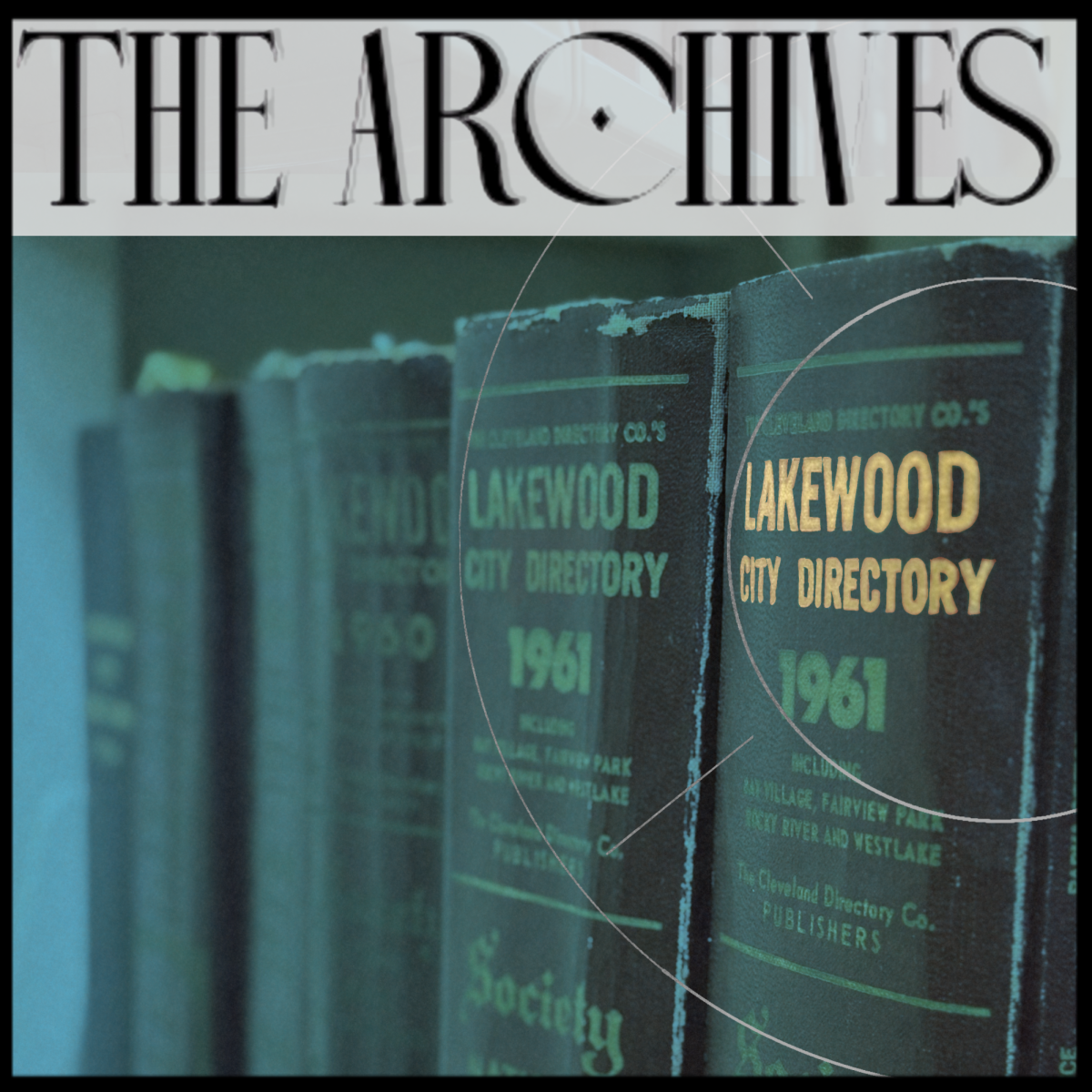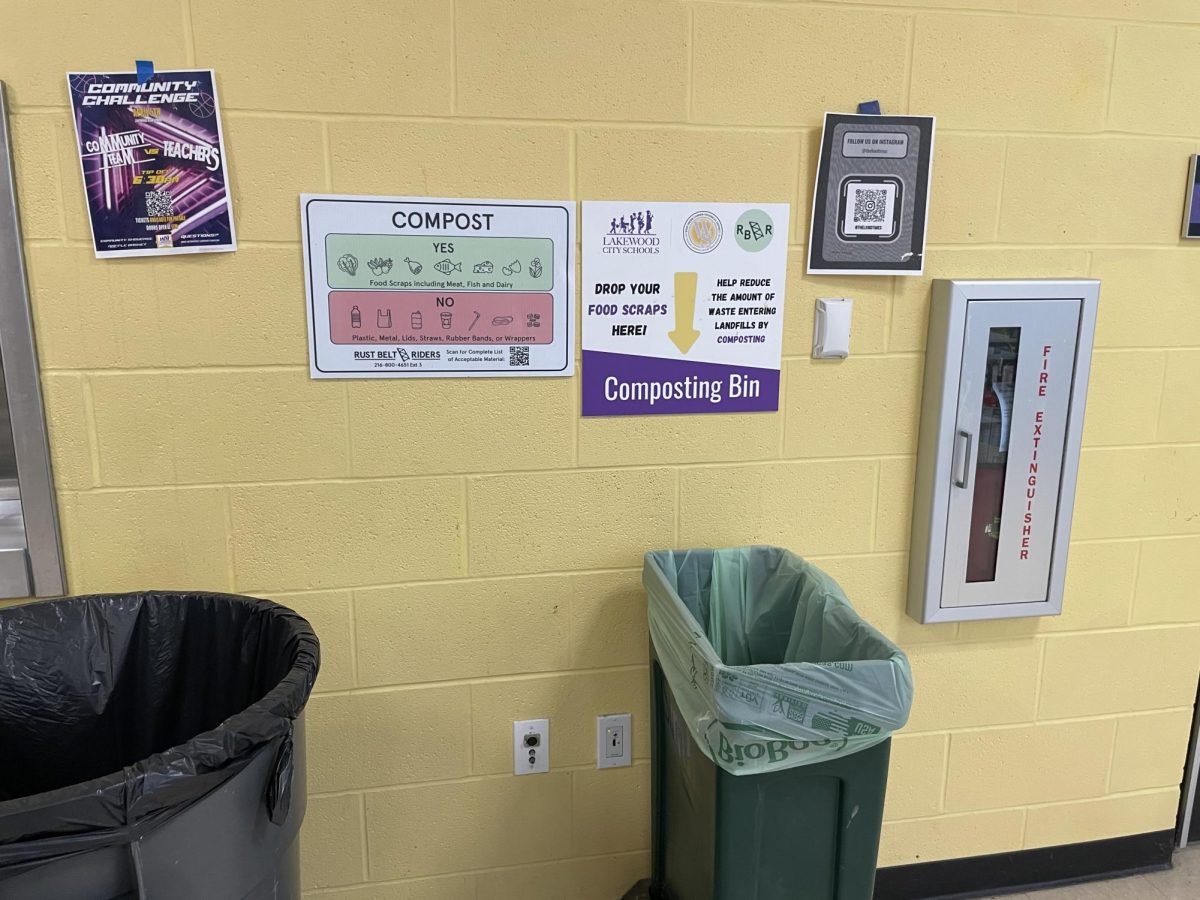Food waste is an increasing issue that must be cut down on for our sake and the future of the environment. How could something as common as food—whether a meal or a snack, for enjoyment or survival—be killing our planet? When food in landfills releases methane, a greenhouse gas, we take steps backward and accelerate climate change, which is slowly destroying our Earth.
Yet, change is possible—and it’s happening right here in Cleveland, Lakewood, and our surrounding communities. Rust Belt Riders is a composting membership program that allows residents to purchase compost buckets for home use. The company offers convenient drop-off locations and, for an additional cost, a home pick-up service.
Composting isn’t limited to the home—day by day, it’s also being implemented in our schools. Rust Belt Riders composting is available in the Lakewood High School cafeteria, along with composting services in cooking class electives. Grant Elementary School has also adopted composting practices, making them accessible to all students. Assistant Superintendent Christine Palumbo of Lakewood City Schools offers insight into how sustainable waste disposal is being integrated throughout the district.
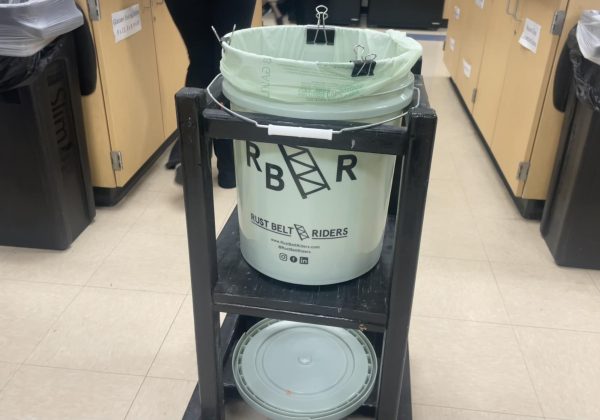
“Initially, Lakewood High School started off slow but is now rocking it!” Palumbo said. “LHS has increased the amount of food scraps being composted. In two weeks of collecting food scraps, LHS recently collected 1,351 pounds of scraps—keeping that all out of the local landfills.”
The high school’s composting program is an excellent opportunity for everyone, from teachers and students who can actively compost and learn about its impacts and benefits, to MILES students’ meaningful role by collecting food scraps from classrooms and making a difference.
“Mr. Streets’ students have been our greatest champions!” Palumbo said. “They have made numerous videos to be shown on announcements encouraging composting in the cafeteria. They also collect the food scraps containers from our Family and Consumer Science Classrooms and our Ranger Cafe. We provided training for these students and some of Mrs. Snare’s science students directly from Rust Belt Riders.”
Inspiration is infectious, and classrooms have seen significant improvement in composting efforts. Food scrap recycling takes effort and intent. It’s a team effort demonstrated in many of Lakewood High School’s classes. For example, senior class cooks taught by Family and Consumer Science teacher Shannon Dunn exudes sustainable efforts every day in the lab.
“It’s been nice because we’ve been able to incorporate lots of parts and pieces, like the students who come in to collect—Rust Belt Riders comes in—and we’re able to do it here as well as our cafeteria,” Dunn said. “So it’s kind of a joint effort. Even if you look at that stand [the compost bucket] is in, Construction Trades made that—kind of a joint effort. So collaboration is nice. It’s a lot of collaboration making it.”
Composting can be made fun, too. Mr. Streets’ students play a big part in food scrap recycling at the high school, and not only do they help around campus, but they also film comedic and educational videos on composting. Some of their amusing and insightful films can be found at these links: The Compost Files: A Lunchroom Mystery, composting for the w, fr fr, No trash in the compost bin!
But how did composting come about in the school system?
“It was actually suggested by Chef Corti from our WSCT Culinary Program, who was a participant in our District Level Green Team at the time,” Palumbo said. “This is why LHS was chosen. They were our first building to launch (Grant is actually the other building that is composting). Grant was chosen because of their strong student Green Team led by Ms. Julie May.”
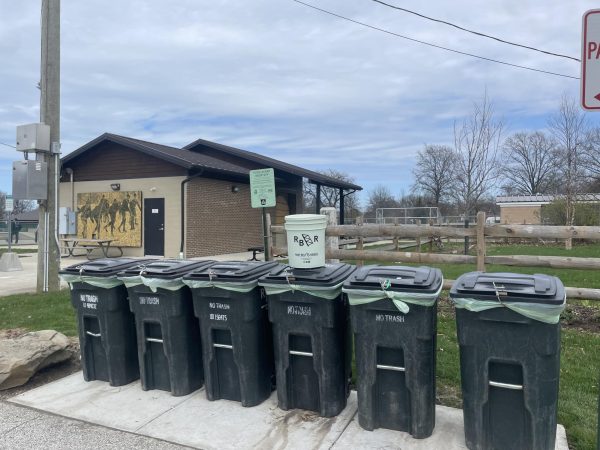
Decomposing organic waste isn’t done just in classrooms, though. Rust Belt Riders offers drop-off locations at Madison Park in the south parking lot and Lakewood Park. Users are able to enter the code they receive and dump off food waste. Lakewood resident and fellow eco-conscious individual Timothy Lange takes advantage of Rust Belt Riders’ program.
“It’s relatively simple,” Lange said. “I typically drop off scraps once a week, and it only takes a few minutes for something that will benefit the environment indefinitely.” He believes playing a part in the environment is simple yet essential.
“We are so impressed by the Global Citizenry our students and staff are demonstrating! The cafeteria staff at LHS is doing a great job!” Palumbo said.
From schools to homes, food scraps avoiding landfills and finding new life in soil and fertilizer help to heal the planet and make our Earth greener. If the LHS staff and students can do it, so can you! Will you join in on the sustainability efforts?

